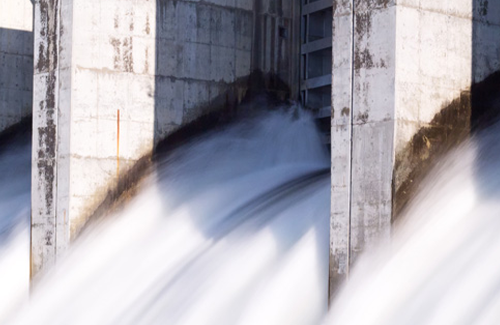When most people think of floods, hurricanes and storms come to mind, but dams also pose a flood risk to many communities. There are more than 94,000 dams across the United States. Many are aging and weren’t designed to withstand today’s increasingly severe weather events. It’s estimated that 27,000 dams could incur damage, or fail, resulting in flooding.
No dam is flood proof. While they are designed to reduce or prevent flooding, they can’t eliminate all risk. Dams can fail for many reasons, such as extreme precipitation, human error, acts of sabotage, improper maintenance, and structural failures.
Many people are unaware they live downstream or downslope from a dam or that they are at potential flood risk. Share the tips and resources below to help your clients learn about flood risk and take action to protect their homes, businesses, and the lives they’ve built.
- Find out where dams are located in your vicinity by searching the National Inventory of Dams.
- Contact your State Dam Safety Official to learn if an Emergency Action Plan (EAP) is in place for the dam near you. An EAP identifies potential emergency conditions at a dam and specifies dam owner actions to reduce property damage and potential loss of life.
- Protect your home or business with flood insurance. Most renters, homeowners, and business property insurance doesn’t cover flood damage. Disaster assistance is not always available and usually arrives in the form of a loan that must be repaid with interest.
- It’s smart to prepare an evacuation plan for this and other potential emergencies. Get planning tips and tools at ready.gov.
- To learn more about dam safety, take advantage of these resources.
- Be Aware of the Potential Risk for Dam Failure in Your Community
- Report Card for America’s Infrastructure: Overview of Dams

